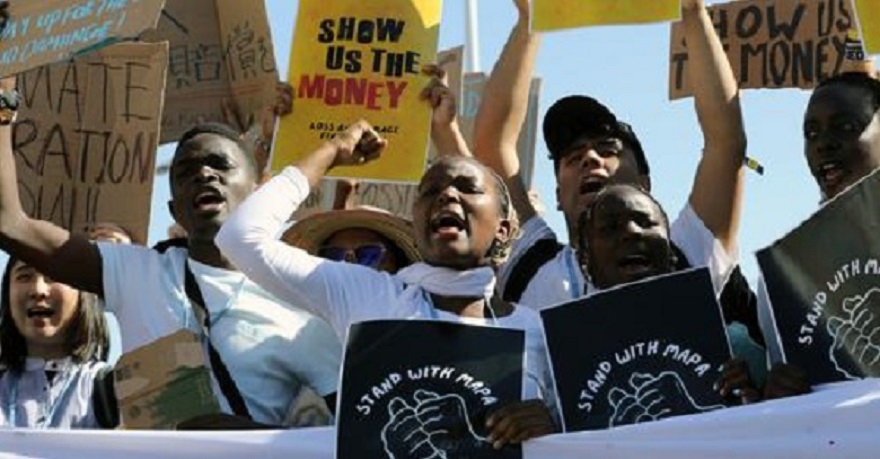
Disgreement on financing climate change mitigation derails Bonn climate talks
UN climate negotiations in the German city of Bonn were “at risk of collapse” early in the week as nations could not agree on an agenda.
Carbon Brief
The squabbles at Bonn’s World Conference Centre were steeped in history. Many related to long-standing grievances over the provision of money that developing countries say they need in order to cut their emissions.
A key dispute was over the inclusion of a “mitigation work programme” to scale up emissions cuts, which some developing countries said must be accompanied by climate-finance discussions, according to the Hindustan Times. Climate Action Network’s ECO newsletter noted that “climate finance is what makes climate action possible”. An agenda was finally agreed with just one day to go, but without mitigation or finance on it.
Diplomats from around the world searched for common ground before the next big UN summit COP28 in Dubai, United Arab Emirates (UAE).
Carbon Brief commented:
Developing countries had scored a “win” six months earlier at COP27 in Egypt when they secured a “loss-and-damage fund” for people struck by climate disasters.
At Bonn, delegates were tasked with laying the groundwork ahead of a “global stocktake” that will see nations assessing their progress towards climate goals.
Yet tensions ran high as negotiators failed to agree even on the starting agenda for the talks until the day before the two-week session was due to close.
Carbon Brief
The situation prompted veteran diplomat Nabeel Munir, who was overseeing the talks, to compare those present to “a class of primary school”. He pointed out that 33 million people in his native Pakistan were affected by floods last year and urged delegates to “wake up”.
Yet the squabbles at Bonn’s World Conference Centre were steeped in history. Many related to long-standing grievances over the provision of money that developing countries say they need in order to cut their emissions. Bolivia, on behalf of the Like-Minded Developing Countries (LMDC), submitted a request to add an additional agenda item on “urgently scaling up financial support from developed country Parties in line with Article 4.5 to enable implementation for developing countries in this critical decade”.
While mitigation is widely agreed to be vitally important, the economic toll of actions to mitigate the impact of climate change could be a significant burden to many developing countries for whom financing is already a challenge. Given limited resources, paying for mitigation, adaptation and loss and damage – as well as schools, hospitals and other key elements of infrastructure – simply is not a reality for many countries.
As such, Bolivia on behalf of the LMDCs – later publicly supported by others such as the Arab Group, and Bolivarian Alliance for the Peoples of Our America (ALBA) – argued they could not accept the inclusion of the MWP on the agenda, without the new financial support item.
This created a deadlock, with many concerned the agenda would not be adopted at all, with all of the work undertaken over the two weeks at risk of not being counted.
Another issue causing tension and distrust is that of the failure of the developed Western nations to meet previously agreed financial support for developing nations.
Carbon Brief continued:
The missed $100bn target loomed large over proceedings. Developed countries have still not met the 2020 goal for financing developing countries and, while they expect to hit it this year, their failure has contributed to serious mistrust among parties.
According to analysis by Oxfam, once loans and non-climate specific finance are stripped away from the total that developed nations have provided, they were actually less than one-quarter of the way to their goal in 2020. Developing countries would generally prefer to receive grant-based finance that does not push them further into debt.
There was a sense among many delegates in Bonn that the lack of sufficient climate finance was holding up proceedings. Indeed, the agenda dispute over the LMDCs’ request for more finance discussions almost upended the entire conference.
Carbon Brief runs through the key issues and outcomes from the talks in Bonn. These can be viewed at the following links:
‘Unavoidable’ change
Source: Carbon Brief, 16 June 2023. ‘Bonn climate talks: Key outcomes from the June 2023 UN climate conference’. https://www.carbonbrief.org/bonn-climate-talks-key-outcomes-from-the-june-2023-un-climate-conference